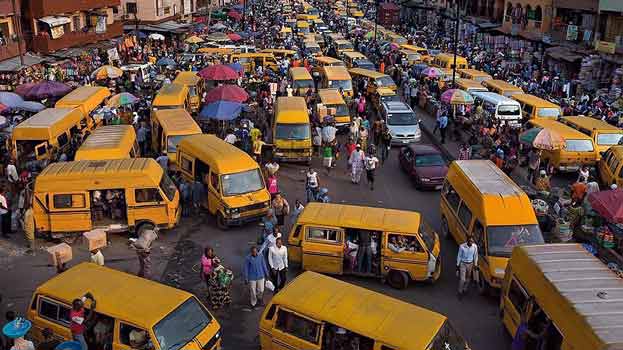
Nigeria’s Debt Management Office (DMO) of the Ministry of Finance has said that the nation’s total indebtedness to creditors now stands at N19.16 trillion signifying over N1.8 trillion increase from the N17.36 trillion recorded at the end of December, 2016.
The country’s debt had stood at N12.06 trillion as at March 2015. The rise means that the nation’s debt level increased by N7.1 trillion in the two years of the current administration.
The DMO put the Federal Government’s domestic debt at N11.97 which stood at N8.51 trillion as at March 2015 while the country’s external debt rose from $9.46 billion to $13.81 billion.
This also means that the nation’s domestic debts rose by 40.71 percent while the external debt which was affected by exchange rate variations, increased by $4.35 billion or a 45.98 percent within the period under review.
In the last two years, the nation has increasingly depended on borrowing to carry out projects and routine responsibilities in the wake of dwindling revenues from oil and gas.
Although foreign debts are seen to be cheaper than domestic ones, the government has increasingly depended on local sources of borrowing as foreign donors place more stringent conditions before the credit facilities are granted.
It would be recalled that the World Bank recently expressed concern over Nigeria’s debt servicing to revenue ratio, warning that reduced earnings might render the country’s debt profile unsustainable.

NNPC Ltd Enters Final Stages Of Preparation For Public Listing
Dangote Refinery Halts Naira Sales, Cites Dollar-Denominated Crude Costs
Court Orders Arraignment Of Ex-First Bank Executives Over Alleged ₦12.3Bn Fraud
Renaissance Energy Completes Landmark Acquisition Of SPDC